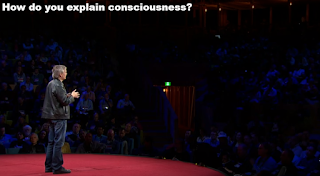Week Ten
Week Ten Hello all, This week it's onto the relationship between producer and consumer. This is very relevant as of this moment in which you reader, are reading this piece of writing which I have produced. Neither action would be verified or possible without the other. So let's delve into the idea that the internet has galvanised a world in which the dynamic between consumption and production is being blurred and altered at a great speed. In collaborative communities the creation of shared content takes place in a networked, participatory environment which breaks down the boundaries between producers and consumers and instead enables all participants to be users as well as producers of information and knowledge. Produsers engage not in a traditional form of content production, but are instead involved in produsage - the collaborative and continuous building and extending of existing content in pursuit of further improvement . Participants in...



